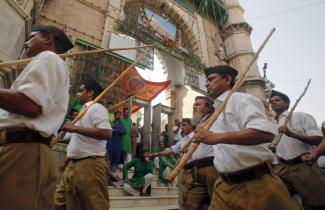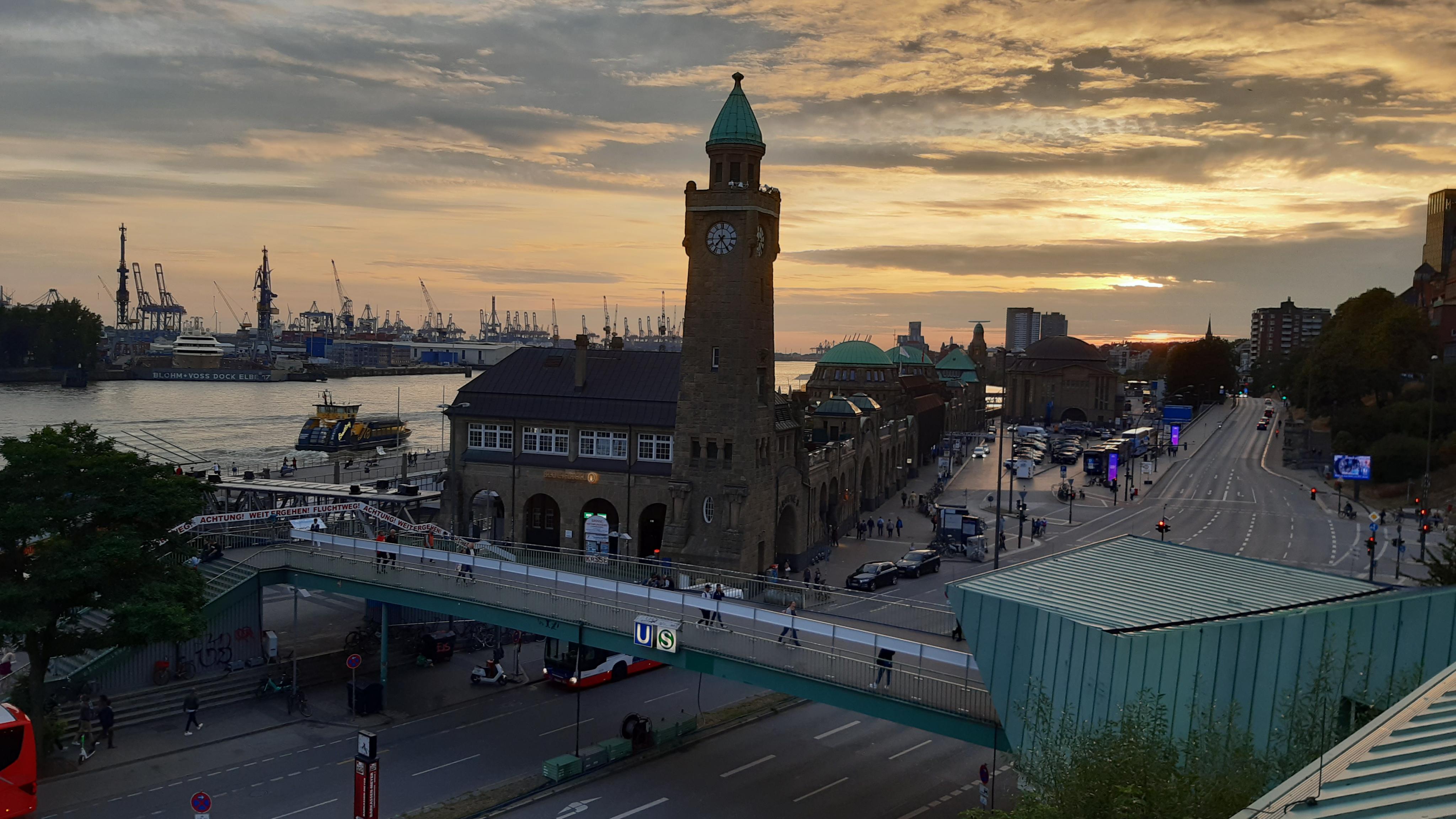Identity politics
Failing India’s democracy

In 1948, an RSS member became notorious for killing Mahatma Gandhi. Nathu Ram Godse, the murderer, is now being idolised in certain quarters, while secular/liberal Indians are being accused of being anti-national. Many Indians are appalled by this sorry turn of events. Others, especially amongst the privileged upper castes, are delighted.
The ordinary Indian is facing serious economic problems though. Unemployment is increasing and rural India is reeling under successive years of drought. Farmers commit suicides because of acute indebtedness. Indian campuses are becoming hotbeds of unrest as the BJP imposes its own supporters, even of poor merit, as university deans; as its election promises are exposed as lies; and as Hindu supremacists try to disempower the marginalised castes (dalits).
Those in power are stifling creative expression by film makers and writers who are out of sync with their right-wing ideology, arguing that repression is the key to what they call “good” governance. In multi-lingual, multi-cultural and multi-religious India, the BJP is trying to usher in a “one nation, one language, one culture” brand of nationalism. Making matters worse, the federal structure of the country is being eroded. The central government is using legal and administrative tricks to oust state governments that do not toe its line.
Not all freedoms can be taken away however. The judiciary is independent and many judges are sworn to democratic and secular values. Ongoing elections in five states, where the BJP is not in power, will see around 170 million casting their votes, and the BJP is expected to fair poorly. Newspapers can still decide whether or not to support the government and impassioned social media posts abound, both for and against the central government.
Government agencies are overtly and covertly resorting to repression. High-profile assaults on freedom are legion. Examples include:
- the social, political and legal harassment of Teesta Setalvad, an activist on behalf of victims of the 2002 anti-Muslim pogroms in the state of Gujarat then ruled by the current Prime Minister, Narendra Modi;
- the blocking of Priya Pillai’s trip to Britain, where the Greenpeace activist wanted to report on the trampled rights of forest dwellers in the state of Madhya Pradesh, where a mining project is being bulldozed through;
- the arrest of Dr Saibal Jana, who has been treating tribals almost free of cost; or
- the inhuman incarceration of the ailing and wheelchair-bound University of Delhi professor, G. N. Saibaba, for raising his voice in support of India’s marginalised people, including dalits, tribals and women.
Campuses already simmering with a sense of deprivation erupted after Rohith Vemula, a dalit student in Hyderabad, committed suicide, seeing no future in the increasingly discriminatory ways of Indian academia. Demands for justice for Rohith flared up at the prestigious Jawaharlal Nehru University in Delhi, with protests against use of force in campuses and curbing of intellectual freedoms, followed by the arrest, for sedition, of Kanhaiya Kumar, the president of the students union and leader of Communist Party of India’s student wing.
Planted evidence and doctored videos are commonplace. Sometimes the government takes a back seat and its student affiliates and hired goons unleash vigilante violence. In police custody, Kanhaiya was beaten up by lawyers supporting the BJP.
Party accolytes define any point of view that does not conform to their one-size-fits-all “nationalism” as anti-national. This mindset rejects the values enshrined in the Indian Constitution and the freedoms that it confers on citizens.
Suddenly the RSS and the BJP have become arbiters of who is a “good” Indian. The good Indian cannot eat beef — and the penalty can now be murder; the good Indian woman must conform to a conservative attire — and the penalty can be arrest; and the good Indian must cry “Bharat Mata Ki Jai” (Hail the Motherland).
In this emerging India, the growth rate matters, not distributive justice; environmental free-for-all is appreciated, not ecological ethics; blind acceptance of fundamentalist propaganda not reasoned debate hold the key. India’s proud democracy is slowly getting ruptured.
Aditi Roy Ghatak is a freelance journalist based in Kolkata.
aroyghatak1956@gmail.com










